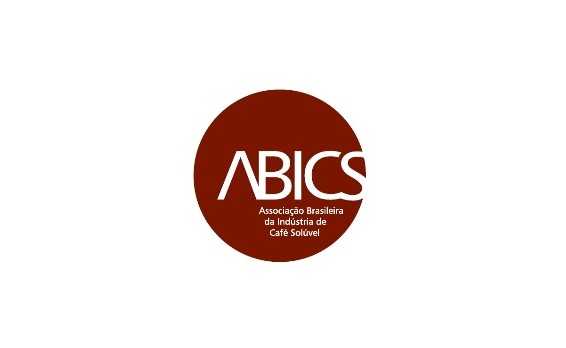SÃO PAULO, Brazil – Instant coffee accounts for 25% of the coffee consumed in the world and its consumption has been growing over 2% per year. This consistent growth in consumption even during pandemic times, owes to quality diversification with new blends and new packaging adjusted to the diverse methods of consumption, single serve, capsules and others included.
Brazil is no exception. The diversity of products and packaging offered has expanded in supermarket shelves providing consumers with countless options. With a 5% share of the total coffee consumed in the country, instant coffee has been growing an average of 3.5% per year since 2016. The total volume consumed today is equivalent to one million bags of green coffee per year. The @DescubraCaféSolúvel social media campaign has been promoting instant coffee to consumers.
Brazilian production and exports of instant coffee have been the world’s largest for several decades. Brazil also has the largest instant coffee production capacity in the world, of up to 132 thousand tons per year. Exports go to 100 countries with record volumes in 2019, 2020 and 2021, exceeding 4 million bags every year.
The instant coffee sector has incorporated new technologies and expanded its industrial capacity in order to face growing global competition. Its manufacturing processes are audited by over 25 different types of international certifications, including good environmental and social sustainable practices and processes, bioterrorism, kosher and hallal concepts, etc.
ABICS’ methodology proposes quality standards for instant coffee
ABICS – the Brazilian Soluble Coffee Industry Association – in cooperation with ITAL – the Institute of Food Technology – have recently developed a methodology for sensory analysis that proposes quality standards for instant coffee.
The development of this methodology started in 2019 with the participation of experts from all instant coffee industries in operation in Brazil and using the main instant brands in the Brazilian market and also from abroad. The innovative and pioneering methodology for sensory analysis classifies the cup by its attributes and intensity and not by scores/points.
This concept allows the consumers to select coffees according to their preference, including the methods of consumption. This way, consumers can identify which products/coffees are most suitable for black coffee, blends with milk, cappuccinos, drinks, gastronomy, etc.
Always pursuing sustainability and traceability, ABICS is a member of the Global Coffee Platform (GCP) and 4C, and has cooperation agreements with coffee growers’ entities to develop digital platforms for traceability and sustainability, with carbon balance to come soon, and to offer those tools to coffee growers.
The great revolution in instant coffee is not only about quality and acquiring new consumers but is also about sustainable practices and low-carbon production in partnership with Brazilian growers and increasingly consolidating the country’s leadership in these fields for the benefit of all.


















